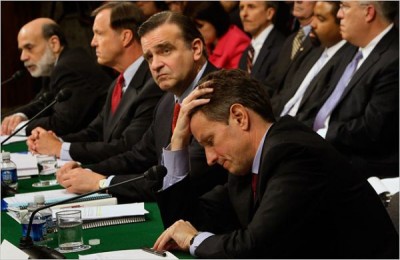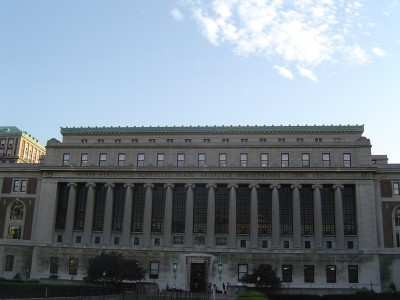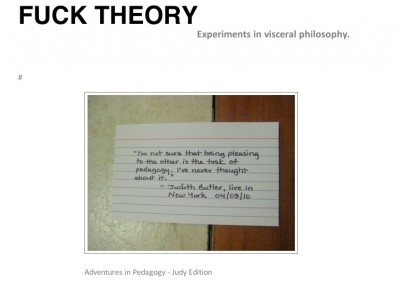
Should higher education be thought of as a public infrastructure?
While in many European countries, higher education was often treated as a public good, a market ideology is increasingly being allowed to allocate access to it. The rationale is that higher education is well-suited to market mechanisms. It’s scarce, not everyone wants it, and is often available at a price. Recent trends towards market capitalism and neoliberal economics have globally hastened the transition towards a market-based view of education. Is this a good thing? Are there market failures?
First, there are political pressures in many countries to reduce public expenditures in higher education. Exploring configurations of public-private funding makes sense. In terms of market failures, or potential failures, one big issue with respect to higher education is the uncertainty of outputs. Higher education offers no express guarantees or warranties. One of its characteristics is that it has “credence qualities”, i.e., those which are hard to gauge even after purchase. Many services have credence qualities, such as consulting or legal or medical advice.
While assessment tries to address this quality issue, Mark Granovetter’s work on embeddedness shows that auditing functions are often subject to social and political forces. In a sense, assessment is really only as good as the localized culture.
Impacting the quality issue are market forces. Higher education institutions compete for students and there is a upward limit on price. The “business” of higher education tries to increase efficiencies to lower costs, by increasing “productivity” {e.g., larger class sizes} or utilizing part-time labour, graduate students, or lower-wage online instructors. The Nordic experience is one where national quality assurance agencies allow universities to develop their own quality initiatives, factoring in the multidimensional nature of quality and institutional contexts. The result is a diversity of approaches that allows flexibility, but also has sanctions for non-compliance.
I think one of the worst places for higher education to be is having an identity crisis with factions supporting radically different views. Teaching versus research can be a dichotomy, but I’ve also seen institutions struggle over going from having regional status versus national status, i.e., “we want to be great.”
Twitterversion:: Higher education & regulation.Does market ideology & the “business model” clash w/quality & accountability?#ThickCulture http://url.ie/5o75 @Prof_K
Song:: Bishop Allen-‘Charm School’

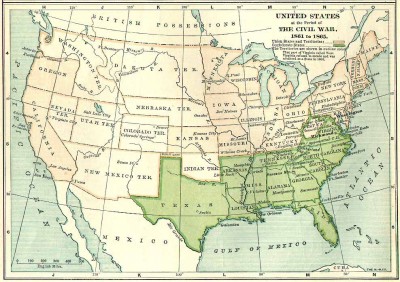



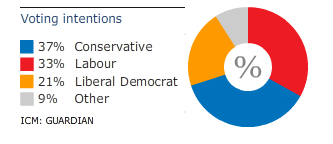 If no party gets a majority, the result will be a hung parliament and parties working in coalitions, which some say makes investors uneasy and can make enacting economy-fixing policy difficult. This
If no party gets a majority, the result will be a hung parliament and parties working in coalitions, which some say makes investors uneasy and can make enacting economy-fixing policy difficult. This 

